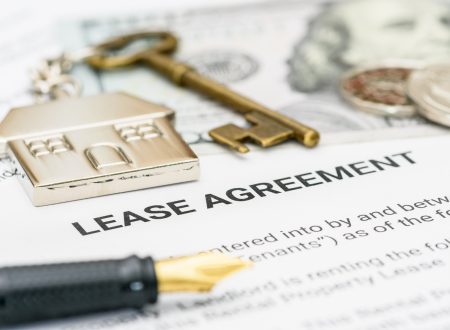Several different types of contracts are typically involved in a practice transition. The specific number of contracts and the terms of those agreements will vary, depending on the nature and structure of the transition. Some contracts typically utilized in a dental practice transition are as follows:
Asset Purchase Agreement/Stock Purchase Agreement
This document serves as the foundation of the transaction. If the sale is structured as an asset purchase, an asset purchase agreement will be used, wherein the buyer purchases a portion or all of the practice owner’s tangible and intangible assets in the practice. If the transaction is structured as a stock purchase, a stock purchase agreement will be used, wherein the buyer purchases a portion or all of the practice owner’s capital stock in the practice corporation.
Promissory Note
If the practice owner finances any portion of the purchase price for the buyer, a promissory note will be used to document the buyer’s repayment obligation. A promissory note could be sold to a third party like Amerinote Xchange in the future if needed.
Security Documents
These documents may take several forms, but each document provides the practice owner with security for the buyer’s promise to pay under the promissory note. A security agreement is typically used in an asset purchase transaction, to allow the practice owner to obtain a security interest in the assets of the practice that have been purchased. A stock pledge agreement is typically used in a stock purchase transaction, which grants the practice owner a first lien security interest on the shares of stock being acquired by the purchaser.
In addition to the security agreement or stock pledge agreement, the practice owner may require the buyer to assign a collateral interest in a life or disability insurance policy on the buyer to fund any remaining payments in the event of the buyer’s death or disability. The practice owner may also require the buyer to assign his or her interest in any leased office space, so that the practice owner can resume possession of the premises if the buyer defaults on a loan payment.
Personal Guaranty
If the purchaser is a professional corporation, its stock owners typically would not be personally liable for corporate debts. The personal guaranty is an agreement by which the stock-owner guarantees the company’s performance under the Promissory Note and makes his or her personal assets available to cover the debt in the event of a corporate default.
Assignment of Personal Goodwill and Covenant Not to Compete
In this contract, the practice owner conveys all of his or her personal goodwill to the buyer and agrees not to compete with the practice for an agreed upon period of time and an agreed upon distance from the practice. This agreement is important for the security of the purchaser, as they do not want to lose their investment to future competition from the former practice owner. Additionally, allocating a portion of the purchase price to goodwill provides both the buyer and practice owner with significant tax incentives.
Consulting Agreement or Deferred Compensation Agreement
In these contracts, a portion of the purchase price is allocated to a consulting fee arrangement or to a deferred compensation arrangement in favor of the practice owner. This allows the buyer to expense the amounts paid to the practice owner at the time of payment. It also allows the practice owner to spread his or her income over several tax years, as opposed to recognizing the entire purchase price as income in one year.
Shareholders’ Agreement
If the buyer is buying only a portion of the seller’s existing practice, a shareholders’ agreement will set forth the parties’ rights, duties, and obligations with respect to one another, so that each party is protected if the other dies or withdraws from the practice during their joint ownership.
Employment Agreement
This Agreement sets forth the terms of employment, compensation, benefits and work schedules if the purchaser will enter the practice before the practice sale takes place, as well if there will be joint ownership, or if the practice owner will continue in the practice after its sale.
Bill of Sale
This contract is used in an asset purchase transaction to formally convey all of the practice owner’s assets to the buyer at the closing of the sale.
Author(s)





